
Tags: Brian Hunt, girls in science, Grace Melchers, International Day of Women and Girls In Science, IOF students, kelp, Pelagic Ecosystems Lab, Women in Science
Student profile: Grace Melchers, MSc student in the Pelagic Ecosystems Lab

Tags: Awards, FERU, fisheries economics, honours, OceanCanada, Rashid Sumaila, Solving FCB, South Africa
He was appointed by the University of Pretoria's Department of Agricultural Economics, Extension and Rural Development.
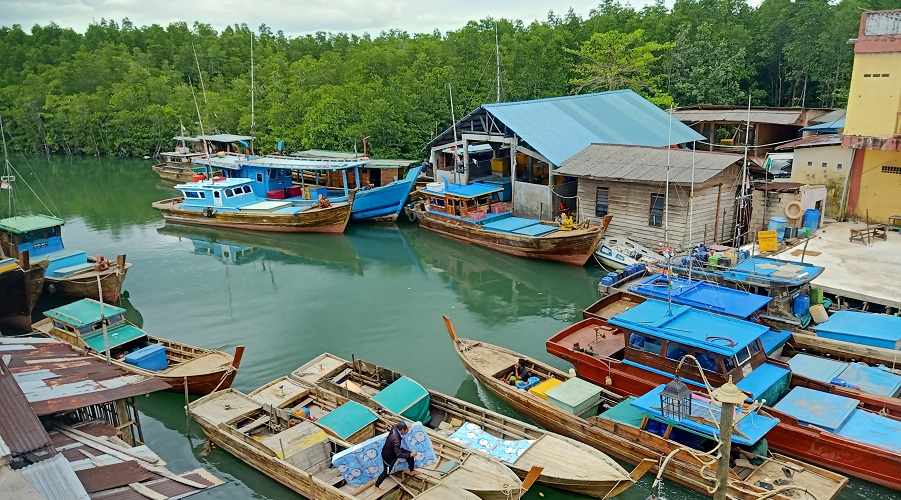
Tags: Daniel Pauly, Deng Palomares, Faculty, fisheries management, Illegal fishing, Indonesia, IOF Research Associates, IUU, piracy, Research, Sea Around Us
Certain policies and policing measures taken by countries to combat illegal, unreported and unregulated (IUU) fishing drive local actors to engage in piracy, new Sea Around Us research has found.

Tags: Ecuador, Galápagos, IOF alumni, IOF Research Associates, IOF students, Juan Jose Alava, Microplastics, OPRU, penguins, plastic, pollution, Research
The model predictions showed a rapid increase in microplastic accumulation and contamination across the penguins’ prey organisms resulting in Galápagos penguin displaying the highest level of microplastics per biomass, followed by barracuda, anchovy, sardine, herring, and salema and predatory zooplankton.
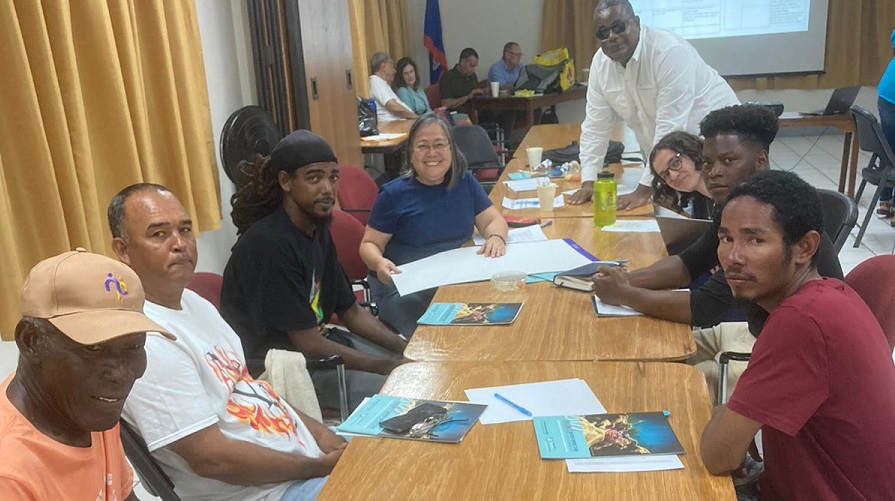
During a series of workshops and meetings held in June and December 2023, Belizean fishers endorsed the findings of the stock assessments carried out by the Sea Around Us, which show that commercially important species such as conch and lobster are overfished

The Salty Science team, which included UBC Oceans student Lauren Shea, rowed 5,000 miles across the Atlantic Ocean and placed #1 in Womens Class, and #7 overall!
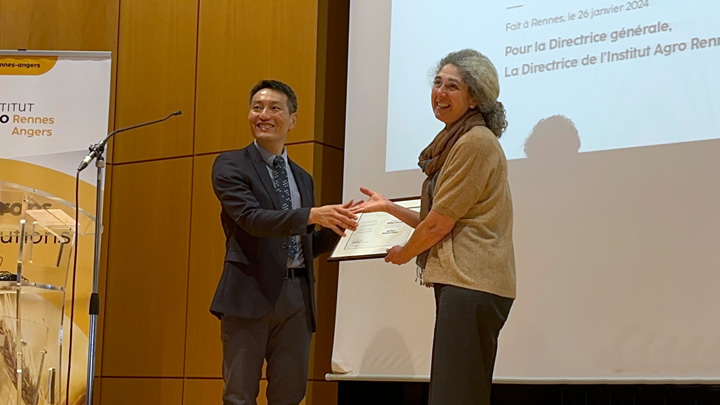
Dr. Cheung will receive this award on Friday, January 26, 2024, at which time he will also present an Open Lecture on the theme: “The future of fish and fisheries under climate change.”
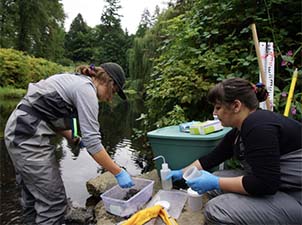
Tags: Aboriginal fisheries, Andrea Reid, Centre for Indigenous Fisheries, CIF, Indigenous fisheries, Indigenous Knowledge, Ocean ecology, Research
In a comment published in Nature Ecology & Evolution, authors outline four essential elements for conducting ecological research with and for Indigenous Peoples and Lands in a good way. In this Q&A, they discuss these elements and their importance for all scientific research.

This UBC prof is making waves worldwide in sustainable ocean resource management
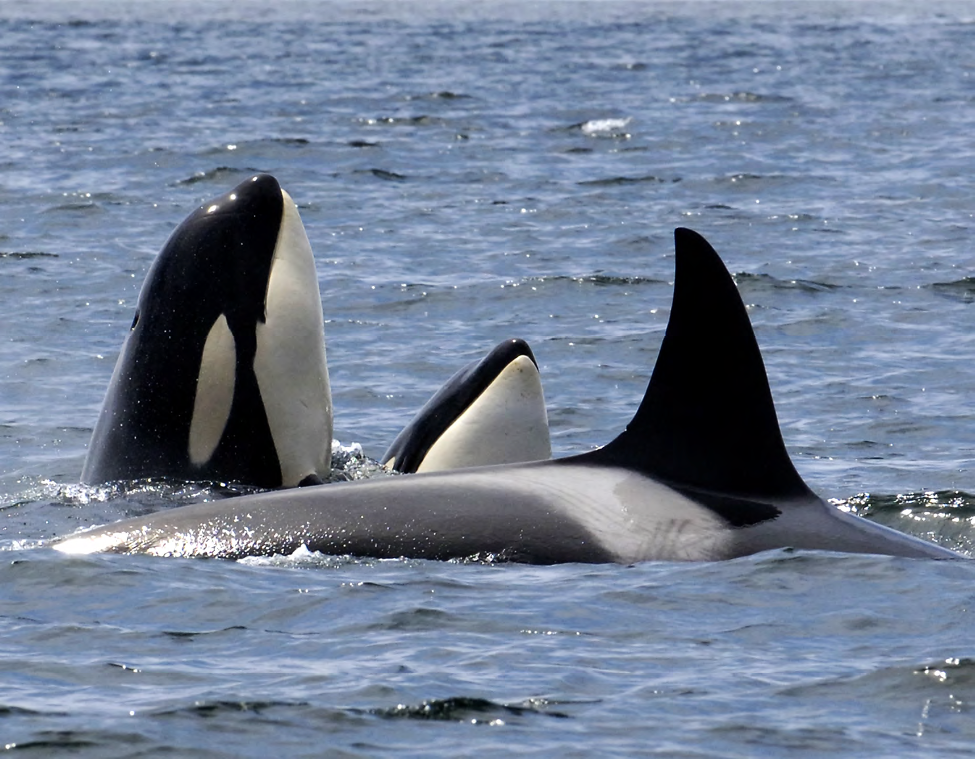
Tags: biology, British Columbia, Contaminants, Faculty, IOF Research Associates, Juan Jose Alava, killer whales, OPRU, orca, Pacific Ocean, pollution, Research, whales
Toxic chemicals produced from oil emissions and wildfire smoke have been found in muscle and liver samples from Southern Resident killer whales and Bigg’s killer whales.